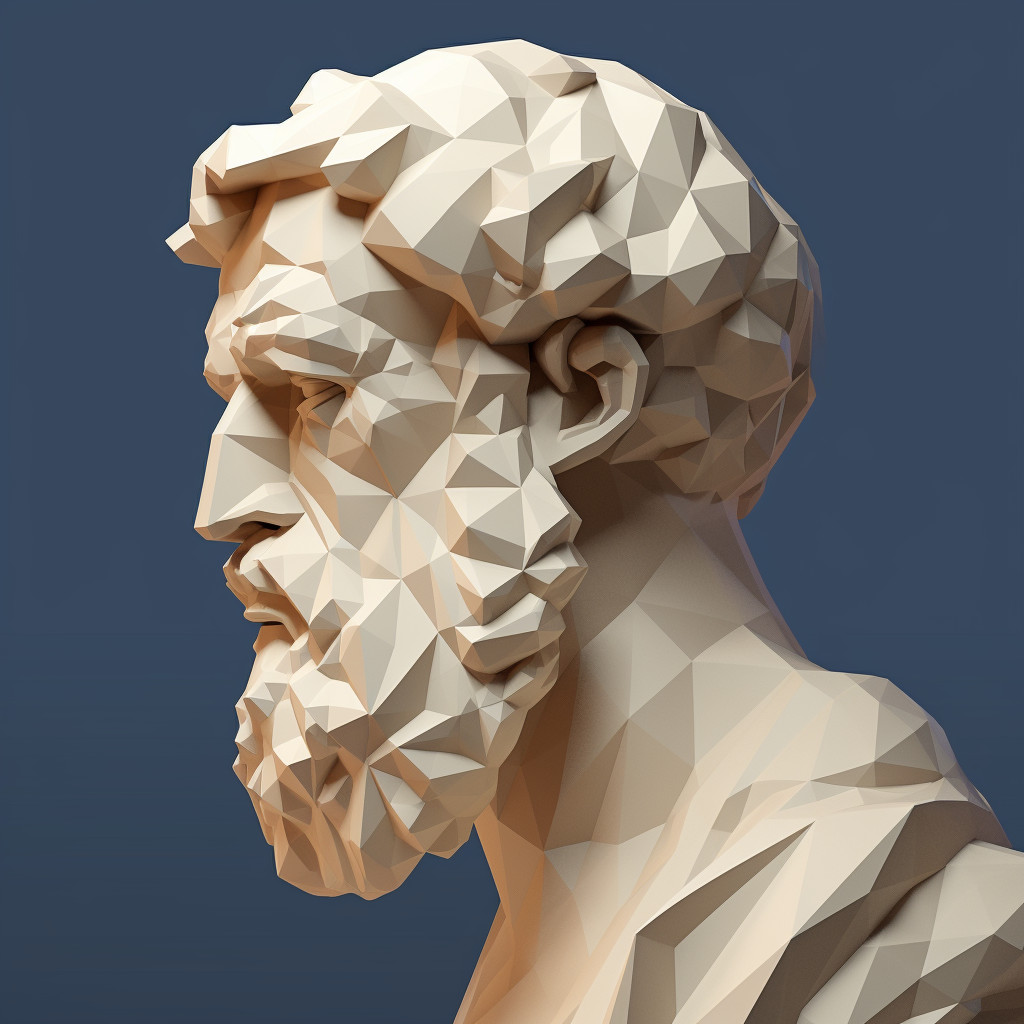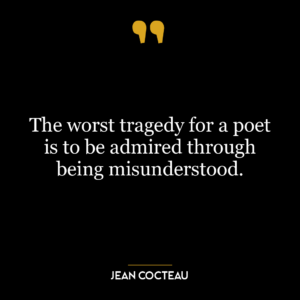Aristotle’s definition of tragedy as a hero destroyed by the excess of his virtues is a profound statement on the nature of human character and the balance of personal attributes. Essentially, Aristotle is saying that even the most admirable qualities can become destructive if they are present in excess. For example, courage can turn into recklessness, ambition can lead to ruthlessness, and selflessness can result in self-neglect.
This concept is particularly relevant in today’s world where extremes are often glorified. For example, in the corporate world, ambition and determination are highly valued. However, when these virtues are in excess, they can lead to unethical behavior, burnout, and strained relationships. Similarly, in the realm of social activism, passion and commitment are necessary. But, when these virtues are overblown, they can lead to dogmatism, intolerance, and the inability to compromise or see other perspectives.
In terms of personal development, Aristotle’s definition of tragedy serves as a reminder of the importance of balance. It suggests that we should strive to cultivate a range of virtues and keep them in check, rather than focusing on one to the point of excess. This is a call for self-awareness, moderation, and continuous self-improvement. It encourages us to understand our strengths and weaknesses, and to keep our virtues in balance to avoid self-destruction.
Moreover, it highlights the importance of humility. No matter how virtuous we are, we must recognize our human limitations and the potential for our virtues to become vices if left unchecked. This is a timeless lesson, as relevant today as it was in Aristotle’s time.











